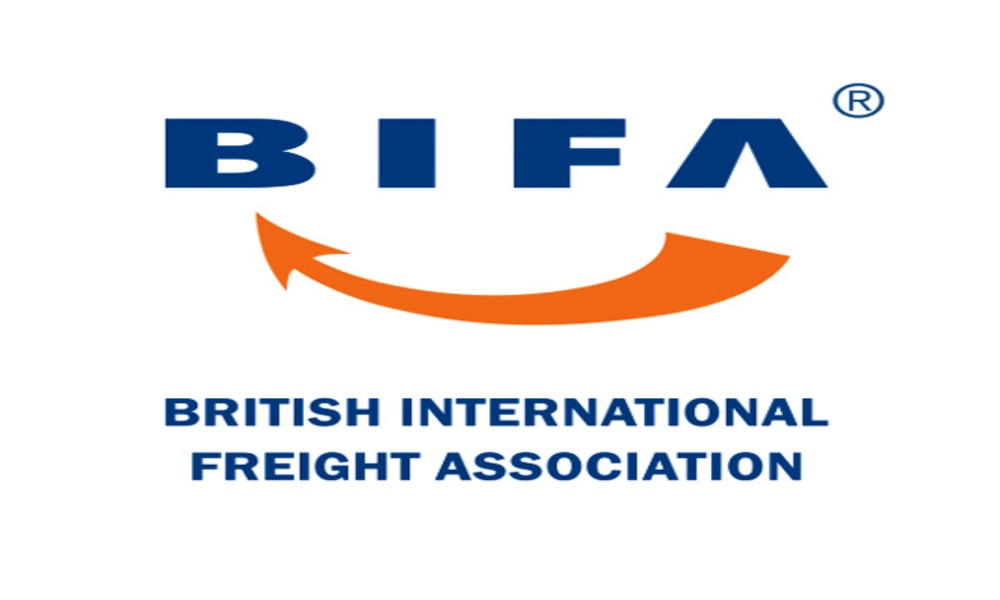
BIFA gets businesses ready for EU trade rule change
BIFA says that with the clock now ticking on the delayed implementation of Stages 2 and 3 of the Border Operating Model that underpins the UK’s future trading system with the EU, its members are still awaiting clarity on some key information that is needed for them to plan ahead and make certain key operational decisio

The British International Freight Association (BIFA) is encouraging businesses engaged in visible trade between the UK and EU, and the freight and logistics companies that serve them, to make sure that they are fully prepared for rule changes that will take effect over the next six months following an initial postponement.
In March, BIFA welcomed the easements for new customs declaration requirements and other checks on imports from the EU as part of delays in the implementation of Stages 2 and 3 of the Border Operating Model; delays introduced by the UK government to soften the impact of the UK’s departure from the EU single market and customs union at the end of 2020.
Now, the trade association that truly represents the UK’s freight forwarding businesses that manage a large proportion of the UK’s visible international trade, says that whilst those easements have made life a little easier for UK importers, the clock is now ticking on the extended deadlines.
Whilst BIFA director general, Robert Keen, notes speculation in the media that the delayed Customs declarations timetable has simply delayed a potential crisis, he is confident that most BIFA members have now had the opportunity to prepare for completing new customs processes for imports from the continent.
However, he also noted that any importers that are new to the customs environment should beware of the implications of failing to make the declarations that will become necessary.
“That’s why we are encouraging them to consider appointing a freight forwarder, if they haven’t already done so, to deal with their customs documentation, whilst they concentrate on their core business, which has been hard hit by both Brexit and Covid-19.
“Feedback from our members suggests that one lesson learned from the changes implemented at the start of January this year is that the practical application of the changes has often been as challenging or, in certain cases, more challenging than anticipated.
Whilst the government has provided advice and guidance on some of the changes, BIFA says that significant gaps in information remain, which need to be filled to allow businesses to make certain key operational decisions.
Keen continues: “Despite constant pressure, we are still lacking full clarity as to which ports will be operating a pre-lodgement, as opposed to a temporary storage, model for processing cargo, for example.
“Furthermore, despite reassurances from government, concerns remain among BIFA members whether the necessary infrastructure will be built in time for them to meet the requirements of the revised deadlines announced in March.”
BIFA notes that from 1 October 2021, there will be additional documentary checks on products of animal origin and high risk foods not of animal origin, whereby traders will be required to declare all SPS consignments on IPAFFS the original documents will need to be submitted and these will be audited post clearance.
The third stage of full border controls will be implemented on 1 January 2022 and BIFA says that from a customs perspective the most important changes will be the ending of the Delayed Declaration Scheme at that time.
Keen adds, “The period after 1 January 2021 was very challenging, although trade did not grind to a halt. However, the new fear is that we face much greater challenges after 1 January 2022 than we did the previous year, if only because there are more new processes to master and, historically, levels of import traffic exceed exports by a considerable margin”.

